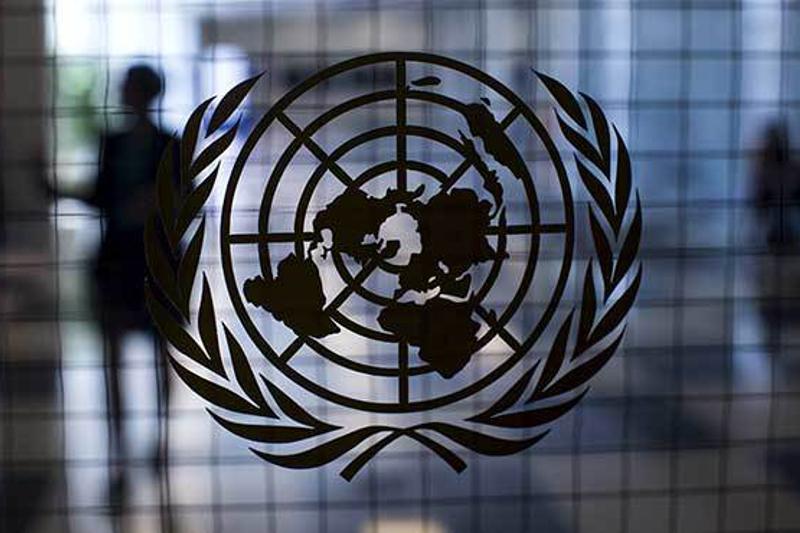Press release on consideration by the UN General Assembly of a Declaration on Solidarity in Countering COVID-19 Pandemic
The Russian Federation supports the need for international solidarity with regard to combating COVID-19 pandemic and believes that the United Nations itself and organizations of the UN-system must play the key role in this process.
We welcome the resolution of the UN General Assembly on this matter that was initiated by the six states (Ghana, Indonesia, Lichtenstein, Norway, Singapore, Switzerland). It sends an important signal that should help pulling together the efforts of the UN Member-States and international mechanisms on this track. Another vital message of this resolution is that attention to Sustainable Development Goals should not fade. We supported adoption of this resolution by consensus.
However, authors of this resolution have not taken into account considerations of other states pertaining to its text, thus leaving behind a number of absolutely crucial issues which – according to the calls by UN Secretary-General and a number of high-ranking UN officials – need to be urgently addressed.
In this regard, in parallel, Russia has put forward a draft declaration of the UN Member-States on solidarity in countering the spread of coronavirus.
Its main goal is that UN Member-States should reiterate their commitment to the principle of cooperation of states that is enshrined in the UN Charter and that remains relevant. Against the backdrop of coronavirus spread this principle takes on a new meaning. Besides, unlike the text proposed by the six countries, our text envisaged: recognizing the leading role of the WHO in combating the pandemic; consent of states to cooperate, i.a. in order to develop methods that should stop the spread and ensure treatment of the COVID-19 disease; providing assistance to the most vulnerable states, especially developing countries; rejection of trade wars and unilateral sanctions adopted without the mandate of the UN Security Council, in order to ensure early access to food and medication; countering financial speculations with essential supplies. Our draft also contains important provisions about unacceptability of stigmatizations of states, peoples and individuals with regard to the pandemic, and the need to circulate only reliable and science-based information about it.
This Declaration was co-sponsored by 28 UN Member-States.
As it is known, our document failed to be adopted by consensus. Ukraine, Georgia, UK, US, and EU prevented it. We regret that a small group of states championing sanctions-based policy appeared unready to respond to the call of the UN Secretary-General and refused to cast aside politicized approaches and interests. As a result, it will be much more difficult to give a global and solidary response to the threat of the new pandemic. A great number of people, in the developing countries in the first place, might be affected.
We would be very interested to hear and see in writing reasoning and arguments for blocking our draft Declaration by the EU, US and UK. We would be willing and happy to spare and exempt Ukraine and Georgia from undertaking this exercise, as their arguments, as ever contemptuous and politicized, would not add any value to the understanding by most of the Member-States.
Despite the fact that the proposed Declaration was blocked by a small group of states, we will set forth coordination with our like-minded colleagues on that matter. We hope all the interested countries will join it, so that the world could hear the call for practical cooperation on all tracks of combating the pandemic.
